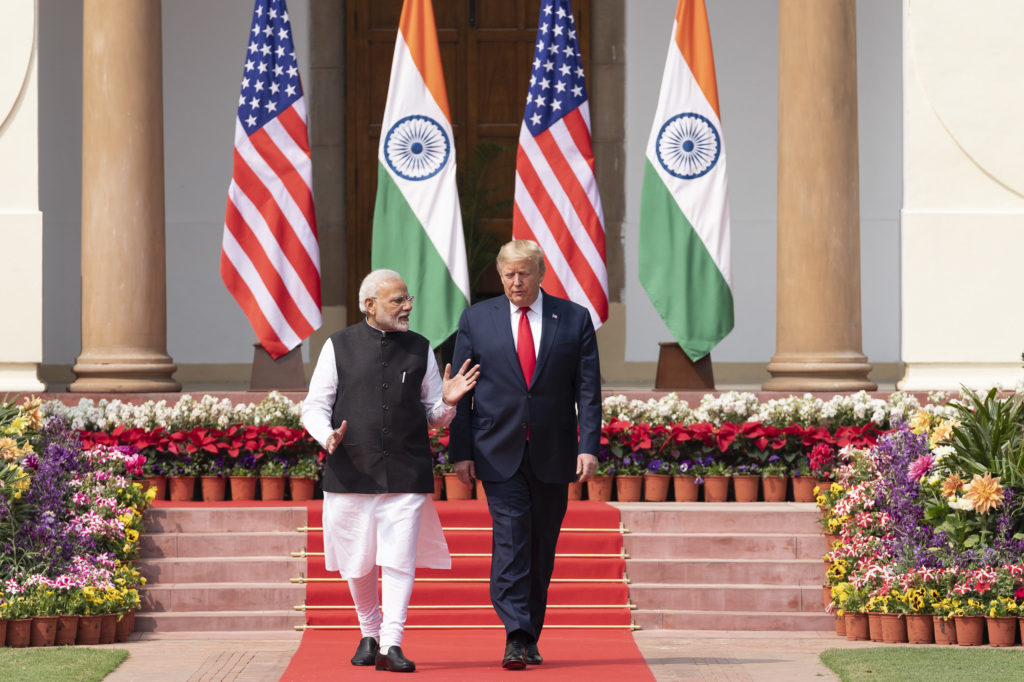The Securities and Exchange Board of India (SEBI) has proposed guidelines to regulate cryptocurrencies to a government panel. SEBI suggests involving multiple regulators to oversee various aspects of cryptocurrency trading.
On the other hand, India’s central bank, the Reserve Bank of India (RBI), considers cryptocurrencies a potential risk to the economy. They are concerned about issues like tax evasion and the stability of the financial system.
Indian Regulators Propose Multi-Agency Framework for Crypto Oversight
The Securities and Exchange Board of India (SEBI) and the Reserve Bank of India (RBI) have submitted recommendations on crypto asset regulation to a government panel overseeing finance ministry policy, as reported by Reuters. SEBI’s proposal advocates for a decentralized regulatory approach, suggesting that multiple regulators oversee different aspects of cryptocurrency trading. SEBI would focus on cryptocurrencies akin to securities, manage initial coin offerings (ICOs), and regulate equity market-related crypto products through licensing.
Meanwhile, the Reserve Bank of India would be responsible for regulating cryptocurrencies backed by fiat currencies, addressing concerns about financial stability and tax evasion. The Insurance Regulatory and Development Authority of India (IRDAI) and the Pension Fund Regulatory and Development Authority (PFRDA) would oversee virtual assets related to insurance and pensions, respectively. SEBI’s recommendations also include mechanisms to handle investor complaints under India’s Consumer Protection Act.
Divergent Views on Crypto Regulation in India
The Securities and Exchange Board of India (SEBI) and the Reserve Bank of India (RBI) have divergent perspectives on the regulation of cryptocurrencies, as revealed in their recent submissions to a government panel overseeing finance ministry policy. SEBI’s approach favors a decentralized regulatory framework, proposing that different regulators oversee various aspects of cryptocurrency trading. SEBI would handle cryptocurrencies resembling securities, oversee ICOs, and regulate equity market-related crypto products.
In contrast, the RBI views private digital currencies like bitcoin and ether as a macroeconomic risk. The central bank expressed concerns about potential tax evasion facilitated by cryptocurrencies and highlighted risks to fiscal stability posed by decentralized peer-to-peer (P2P) crypto activities reliant on voluntary compliance.
Currently, India lacks a specific regulatory framework for cryptocurrencies. A bill drafted by a government panel in 2021 to regulate digital assets has yet to be introduced. As the G20 president, India has advocated for a global regulatory framework for cryptocurrencies. The Financial Intelligence Unit – India (FIU-IND) currently supervises 47 cryptocurrency-related entities and recently approved crypto exchanges Binance and Kucoin as Virtual Asset Service Providers (VASPs). In March, India’s finance minister indicated expectations for a regulatory framework for crypto emerging from G20 deliberations.
Important: Please note that this article is only meant to provide information and should not be taken as legal, tax, investment, financial, or any other type of advice.
Join Cryptos Headlines Community
Follow Cryptos Headlines on Google News











